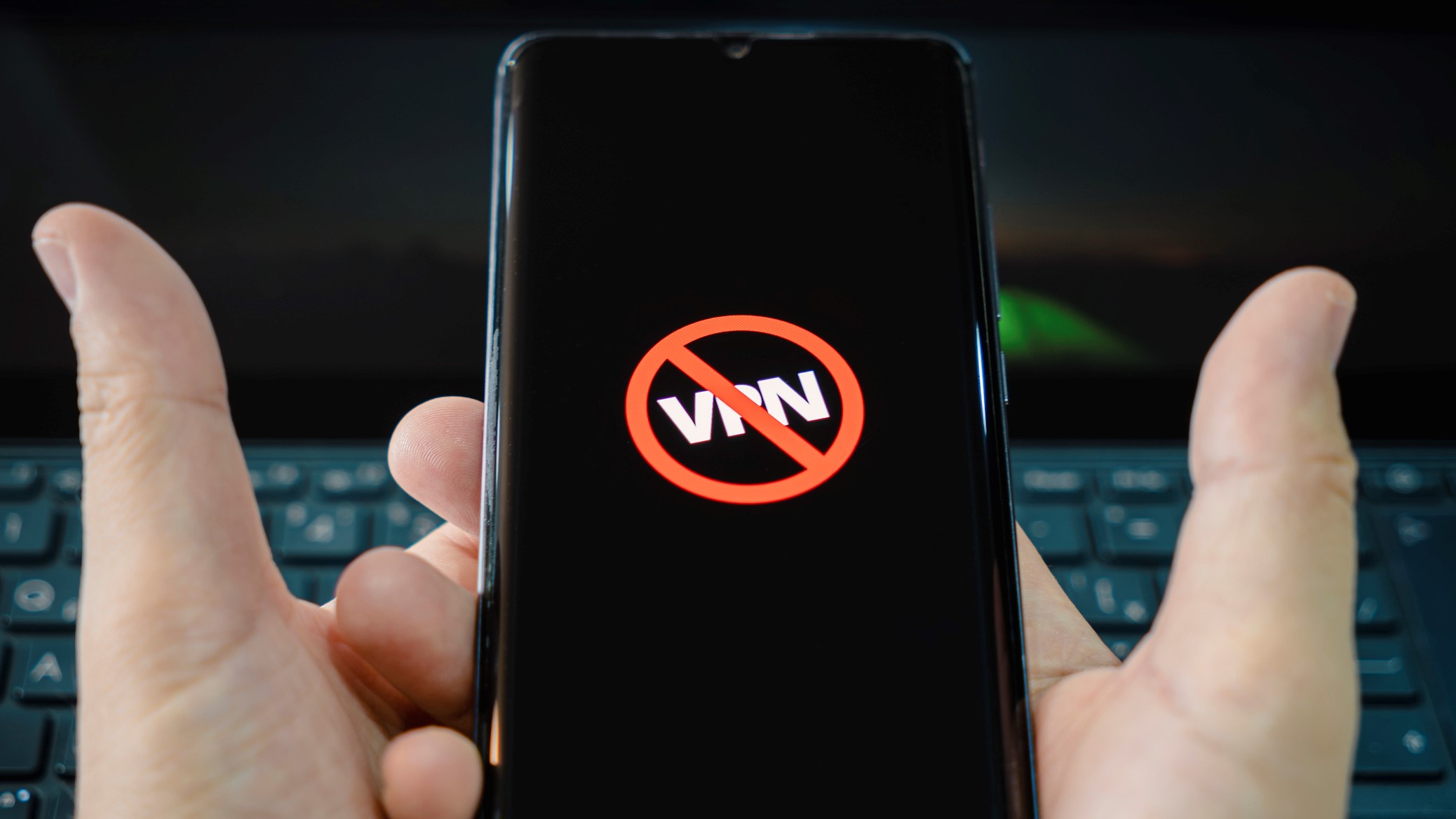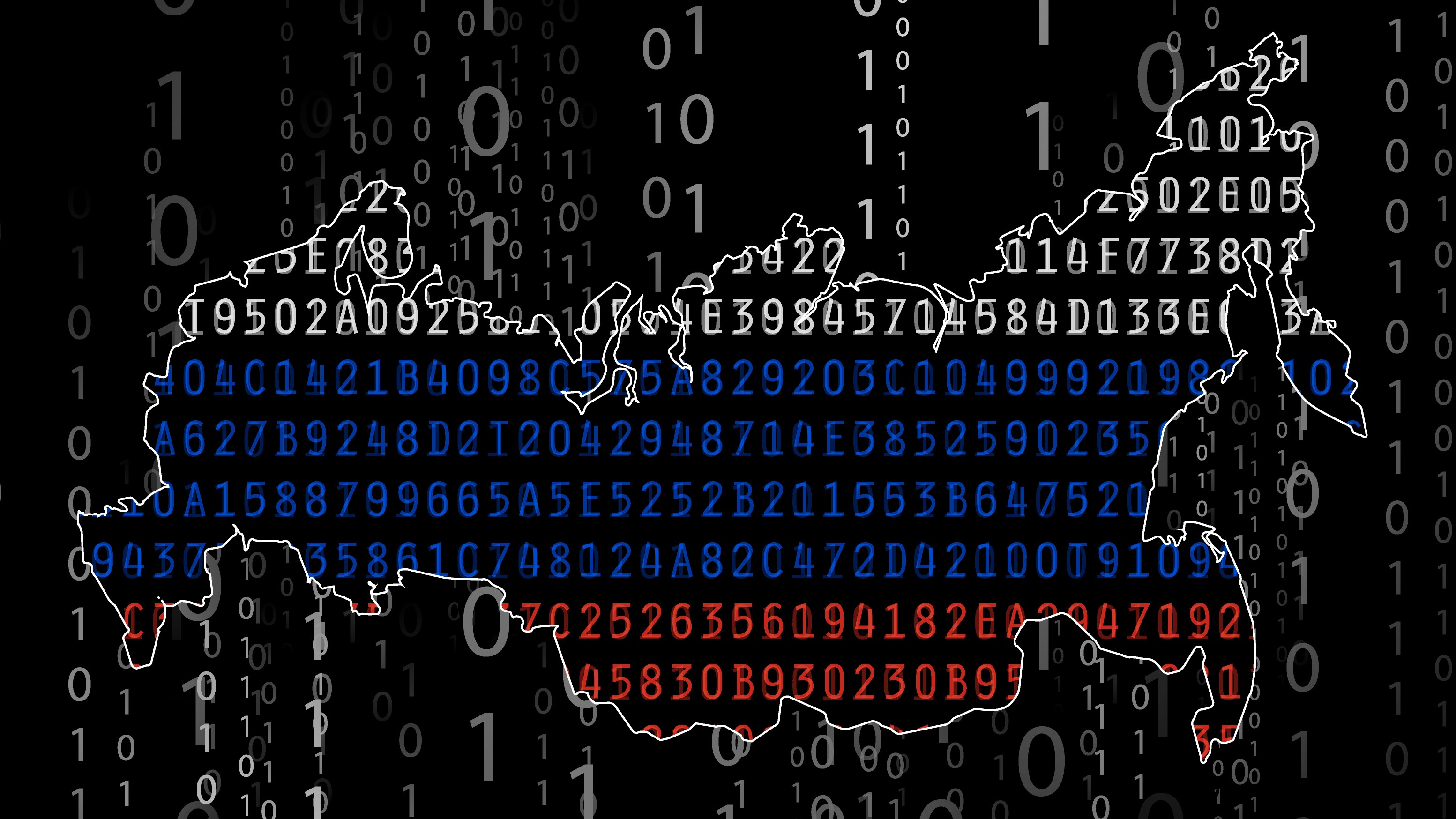Russia VPN: Kremlin claims no blocking plans "yet," but usage may be still at risk
All the info about online circumvention tools are expected to be banned instead

Security software providers and citizens breathed a sigh of relief on Tuesday, February 6, 2024, when the Kremlin announced no further plans "yet" to block VPNs in Russia.
Russian authorities have long been battling against the use of these circumventing tools as they allow citizens to bypass strict government-imposed online restrictions. However, these efforts haven't always achieved the desired results—for instance, VPN downloads in Russia have skyrocketed since the conflict in Ukraine began.
The announcement comes after months of speculation over the new measures expected to target software providing Russians access to banned content. However, experts still argue that VPN usage might be at risk.
Russia VPN censorship
According to Stanislav Shakirov, CTO of the Russian digital rights group Roskomsvoboda, the new announcement isn't really about blocking VPN service, per se, as some of the VPNs, he said, have been blocked for a very long time.
"From March 1, 2024, information about ways to circumvent blocking, about tools, popularization of VPNs, etc. is going to be blocked," he told me.
This doesn't come as a total surprise, either.

Russian Senator Artem Sheikin, the deputy chairman of the Council for the Development of the Digital Economy, first disclosed the plan for yet another VPN censorship crusade in October last year. Then, the head of the government's initiative Safe Internet League, Yekaterina Mizulina, confirmed that the plan was "most likely" to happen the day before the Kremlin issued the denial—the Moscow Times reported.
Short for virtual private network, a VPN is security software that encrypts internet connections to offer better anonymity and privacy online. It also spoofs your IP address to trick the sites you visit into thinking you're browsing from a different country entirely and grants access to geo-restricted content. The latter ability is exactly why many countries worldwide are boosting their VPN censorship tactics.
Last year in April, the Kremlin launched a new disinformation campaign to dissuade citizens from using these tools. This was followed by fresh new regulations which, among other things, forbid publishing information about ways to circumvent content blocking. That's exactly what Shakirov believes the new rules against VPNs are all about.
He said: "I assume that in accordance with the law on information removal, the authorities will start blocking sites that contain information related to VPN. There will be warnings given to all sites that have relevant articles, reviews, advertisements."
The founder of one of these precious resources himself—Privacy Accelerator—Shakirov prospects that any website and online service refusing to remove such information will be blocked.
"We expect that this may affect not only VPN providers, but also media and public organizations, including Roskomsvoboda," he added. "It will also affect aggregator websites that are used by VPN-providers to receive traffic."
What's certain is that, while the infamous country's telecom regulator Roskomnadzor has been feeding its centralized internet blacklist since 2012 with online content deemed illegal, citizens have been turning en masse to secure VPN solutions—especially following the boost in censorship after the invasion in Ukraine began.
More than 2,300 websites became inaccessible in Russia since the country’s invasion into Ukraine on the 24th of February, according to Roskomsvoboda, a non-governmental organisation aimed at protecting digital rights of Internet users in Russia.April 17, 2022
Many of the censored URLs and domain names are actually VPN official websites which rejected the government's new requirements.
This meant that providers had to find alternative ways to reach customers. They also invested in boosting their infrastructure with obfuscation technology and similar censorship-resistant features to evade the Kremlin's crackdown. All these efforts may be rendered obsolete very soon.
Shakirov expects to see all the information around security software moving away from the web to Telegram, passing by word of mouth between citizens instead.
He said: "This situation will affect the way people learn about VPN and buy it. If this information is currently publicly available, in the future it is going to be a little bit more difficult to get such type of information."
We test and review VPN services in the context of legal recreational uses. For example: 1. Accessing a service from another country (subject to the terms and conditions of that service). 2. Protecting your online security and strengthening your online privacy when abroad. We do not support or condone the illegal or malicious use of VPN services. Consuming pirated content that is paid-for is neither endorsed nor approved by Future Publishing.
Sign up to the TechRadar Pro newsletter to get all the top news, opinion, features and guidance your business needs to succeed!

Chiara is a multimedia journalist committed to covering stories to help promote the rights and denounce the abuses of the digital side of life – wherever cybersecurity, markets, and politics tangle up. She believes an open, uncensored, and private internet is a basic human need and wants to use her knowledge of VPNs to help readers take back control. She writes news, interviews, and analysis on data privacy, online censorship, digital rights, tech policies, and security software, with a special focus on VPNs, for TechRadar and TechRadar Pro. Got a story, tip-off, or something tech-interesting to say? Reach out to chiara.castro@futurenet.com